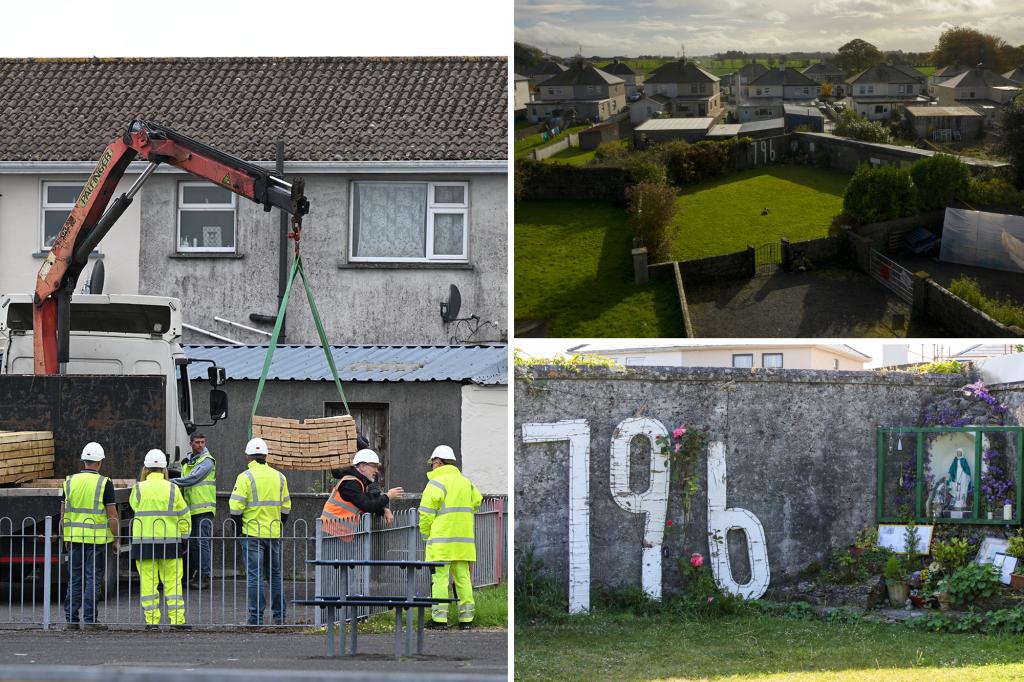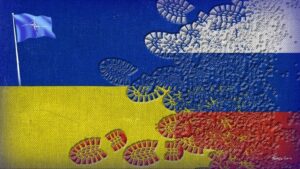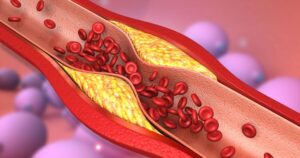
Excavation has commenced at a site in Tuam, County Galway, Ireland, where authorities believe the remains of nearly 800 infants and children are buried. These children died at a home for unwed mothers operated by Catholic nuns. The discovery is a grim reminder of the tragic history associated with the Bon Secours Mother and Baby Home.
The investigation follows years of research by local historian Catherine Corless, who uncovered that 798 children died at the institution between 1925 and its closure in 1961. Only two of these children were buried in a nearby cemetery, with the rest believed to be interred in a disused septic tank on the property.
The Tragic History of Bon Secours
The Bon Secours Mother and Baby Home, known locally as “The Home,” was a facility for unmarried mothers and their children. Operated by a religious order of Catholic nuns, the home was part of a broader network of institutions that subjected women and children to harsh conditions and societal stigma.
Unmarried women were sent to the home to give birth and were often forced to stay for a year, performing unpaid labor. Their children were taken from them, frequently adopted without parental consent. The full scale of the tragedy was only revealed in 2014 through Corless’s meticulous research.
Uncovering the Past
The land, which was left largely untouched after the institution was demolished in 1971, now lies beneath a modern apartment complex. In 1975, a disused septic tank was discovered, but it was only in 2022 that legislation allowed for the excavation to begin. This week, investigators started their forensic work, a process expected to take up to two years.
Annette McKay, whose sister is believed to be among the victims, expressed a desire for closure. “I don’t care if it’s a thimbleful, as they tell me there wouldn’t be much remains left; at six months old, it’s mainly cartilage more than bone,” she told Sky News.
Voices of the Survivors
Annette’s mother, Margaret “Maggie” O’Connor, gave birth to a baby girl at the home after being raped at 17. Her daughter, Mary Margaret, died six months later. Annette recounts how her mother was informed of her child’s death in a callous manner by a nun.
“She was pegging washing out and a nun came up behind her and said ‘the child of your sin is dead,’” Annette recalled.
This heart-wrenching story is just one of many that have emerged from the survivors and their families, shedding light on the harsh realities faced by those who lived in these institutions.
A Broader Context of Oppression
The Bon Secours home was part of a larger system of oppression in Ireland, which included the infamous Magdalene laundries. These institutions, run by Catholic orders and supported by the state, housed women deemed “fallen” due to various circumstances, including being victims of rape or incest.
The last of the Magdalene laundries closed in the 1990s. In 2014, the Irish government issued a formal apology, and by 2022, a compensation scheme was established, distributing the equivalent of $32.7 million to 814 survivors. However, the religious orders have refused to contribute to this program despite appeals from victims and the Justice Minister.
Looking Forward
The excavation at Tuam represents a significant step towards acknowledging and addressing this dark chapter in Ireland’s history. The process aims to provide a dignified reburial for the children and a measure of closure for their families.
As investigators continue their work, the hope is that this will lead to a deeper understanding of the past and foster a commitment to ensuring such tragedies are never repeated. The excavation not only seeks to uncover the physical remains but also to bring to light the stories of those who suffered in silence for far too long.






